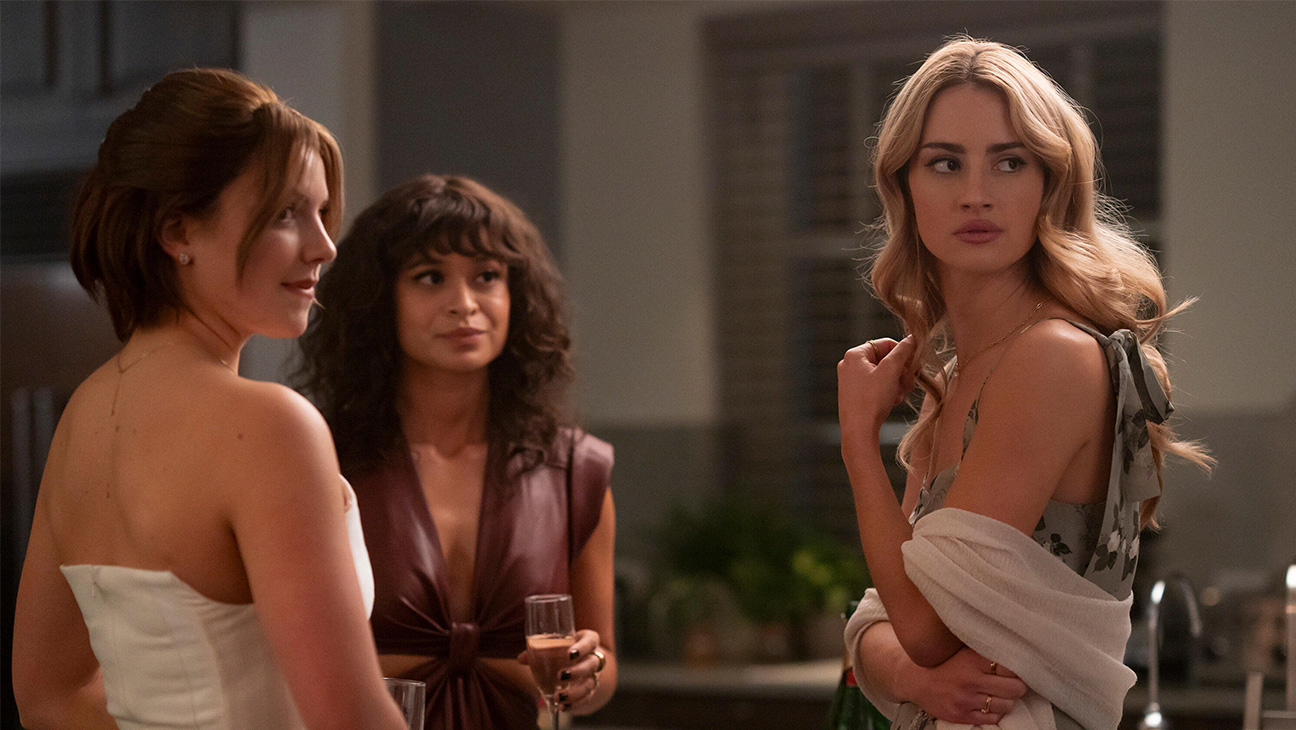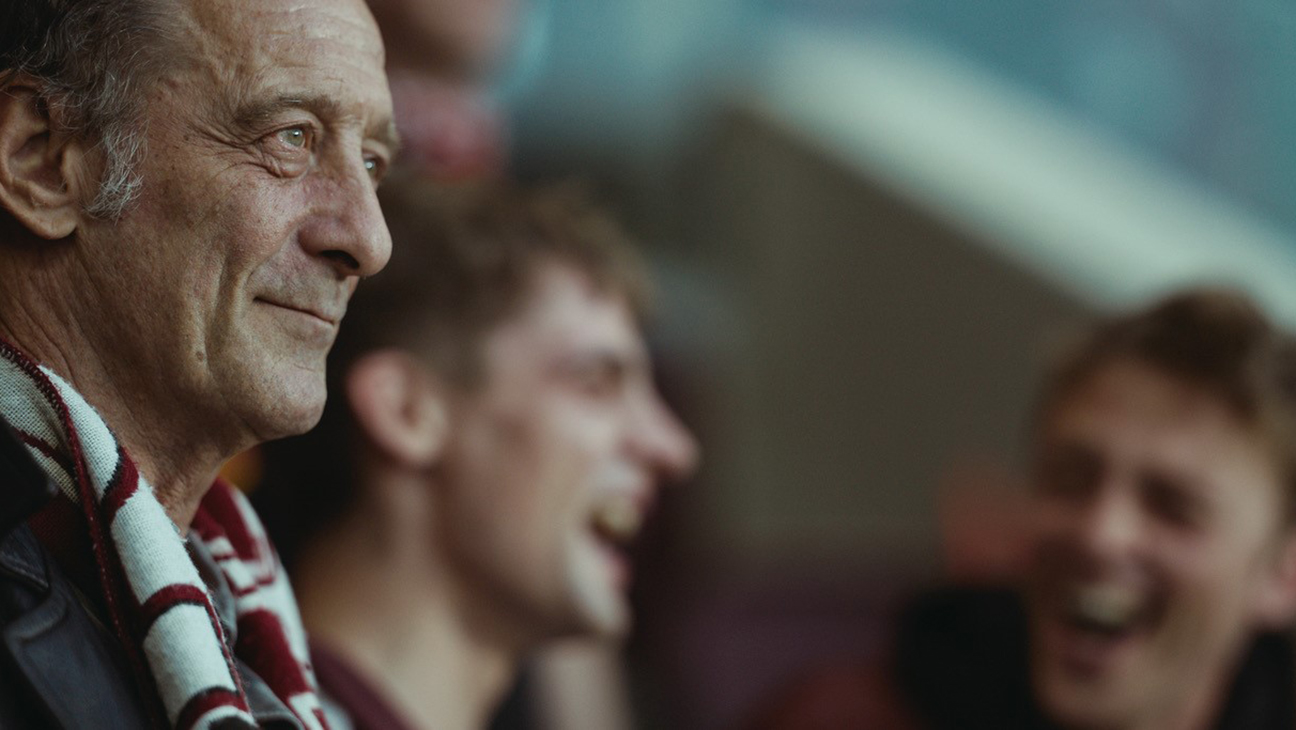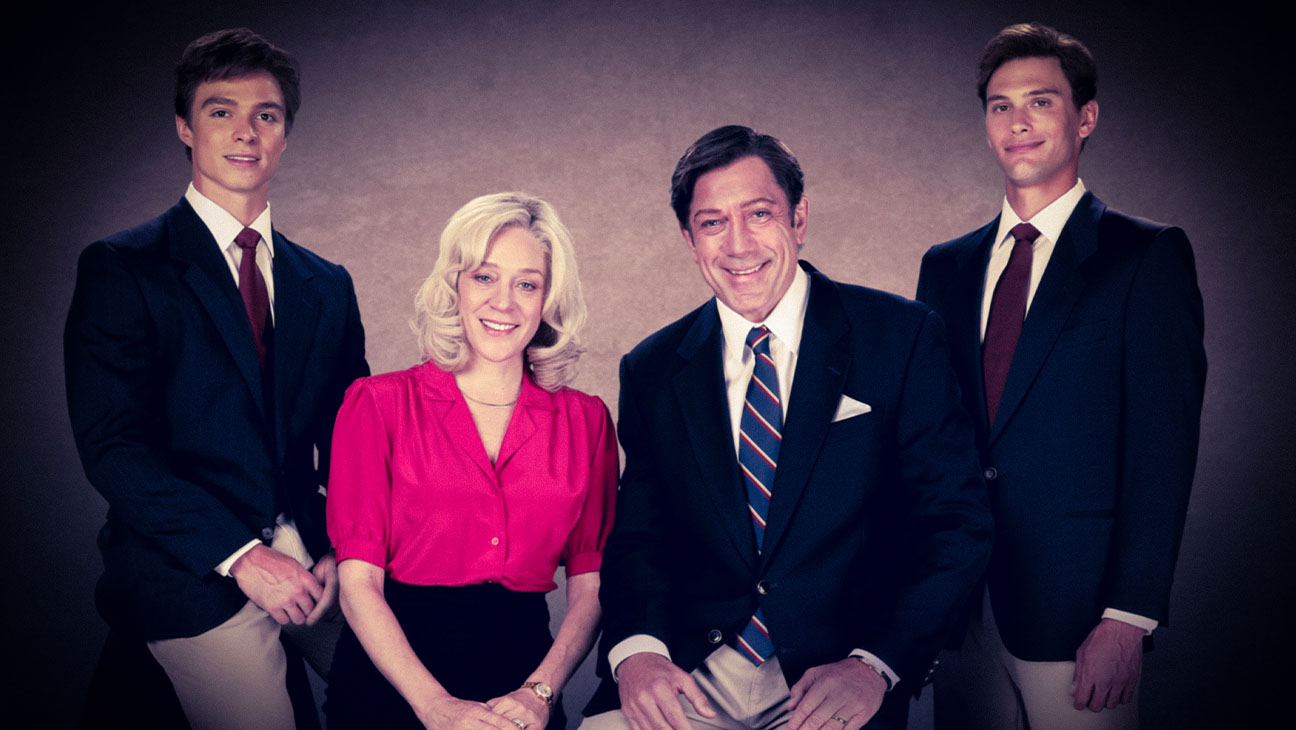Angelia Jolie is “La Divina.”
The Hollywood star swept into Venice, Italy Thursday to walk the red carpet for the world premiere of Maria, which sees her transform into history’s greatest opera singer, Maria Callas. Directed by Argentine filmmaker Pablo Larrain, the tells the beautiful but tragic story of Callas final days in Paris in the 1970s. Netflix picked up Maria for the U.S. ahead of its Venice premiere.
“There’s something about people like Maria Callas, but also Angelina Jolie — these women have a physical presence on a stage, in front of a camera or even just in a room, and you feel the enormous amount of humanity they carry,” Larrain said in a statement provided to press in Venice. “There was no struggle for Angie to be Maria Callas and carry that weight, as she already has it.”
When asked how she most identifies with Callas, Jolie at first dodged the question: “Well, there’s a lot I won’t say in this room, which you probably know or assume,” she said, before noting “the way I related to her, maybe a surprise, was probably the part of her that’s extremely soft and doesn’t have room in the world to be as soft as she truly was — as emotionally open as she truly was…I share her vulnerability more than anything.”
Jolie spent about seven months preparing for the part. Larrain has said his star’s preparation involved multiple stages, beginning by working with opera singers and coaches to master a professional singer’s posture, breathing and movement — as well as Callas’ accent. According to the production, Jolie practiced singing a range of Italian operas or arias, with coaches recording her voice and breathing to ensure that she mastered the melodies and pitches.
Much of the singing heard in the film is Maria Callas performing in her prime mixed with slight elements of Jolie’s singing. The work also required a phenomenal degree of courage and vulnerability from the actress, according to Larrain, because she was often required to sing exceedingly challenging opera pieces, without instrumentation, in front of as many as 500 extras and crew.
Jolie has described the process of learning to sing opera as “the therapy I didn’t realize I needed.”
“I had no idea how much I was holding in and not letting out,” she explained. “And so the challenge wasn’t the technical, it was an emotional experience to find my voice, to be in my body, to express. You have to give every single part of yourself.
Jolie said her research and rehersal process was benefitted by the fact that the real Callas did work as an opera singing teacher and recordings exist of her lectures.
“I got very lucky, because the best way in was that I got to be taught by Maria,” Jolie explained. “When she approached her work, she said the first thing you do — she called it straight jacketing — you don’t think about how you feel or what you want. You just try to understand the music and the intention of the composer. And you are disciplined, and you do the work exactly as intended, and you practice and practice. So I did that. Then she said, and the final thing is you let your personal and your emotions come in, only then and only when you’re ready. And then I was so fortunate to be with Pablo, where he protected me. So when I was able, I would let that emotion in, and I could try to do something I’d never done before.”
Jolie said she didn’t used to be much of an opera fan — “I was more of a punk. I loved all music, but I probably listened to The Clash more than most” — but that as she’s gotten older, and experienced personal tragedy, her appreciation for classical music and opera has grown.
“I think when your life is full, when you felt a certain level of despair, of pain, of love, at a certain point, there are only certain sounds that can match that feeling,” she said.
At the press conference in Venice, Jolie admitted to other parallels between herself and the late opera star, acknowledging that her recent absence from the spotlight and led many to frame Maria as her return to star-driven filmmaking.
“I needed to be home more with my family these last years, and in that time I’ve become more grateful to have the opportunity to just be an artist and play and be among all of you — to just be in this creative world. She added: “I’m grateful to be able to be an artist in any way.”
She added: “I’m grateful to be able to be an artist in any way.”
In his official director’s statement for the project, Larrain writes: “Maria Callas, the greatest opera singer of all time, undoubtedly had a most unique, beautiful, and tormented life. This is the story of her last days, a celebration depicted through memories, friends, and, most importantly, her singing.”



